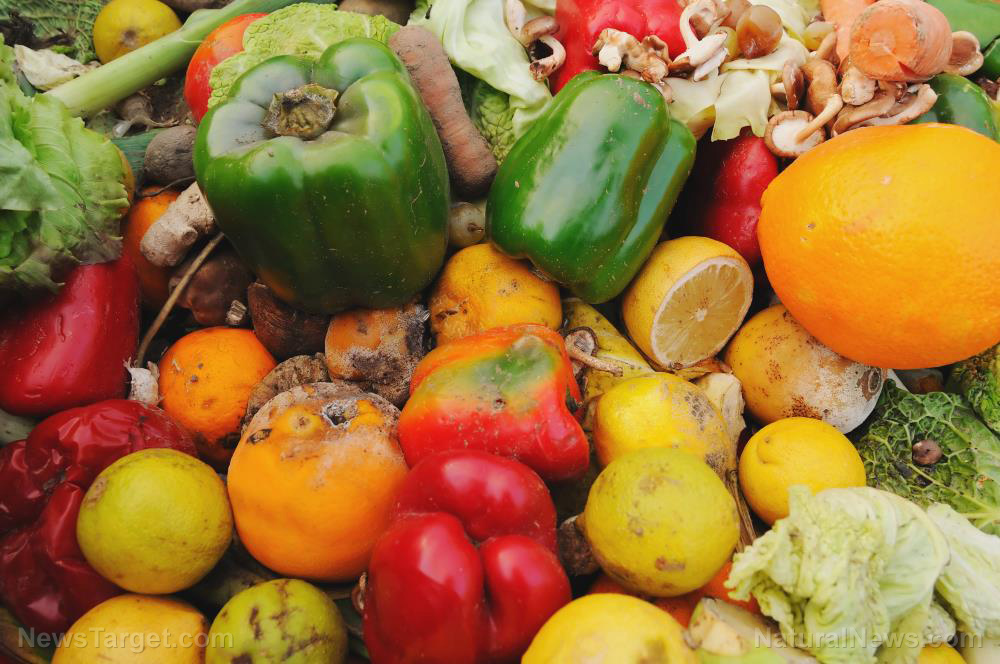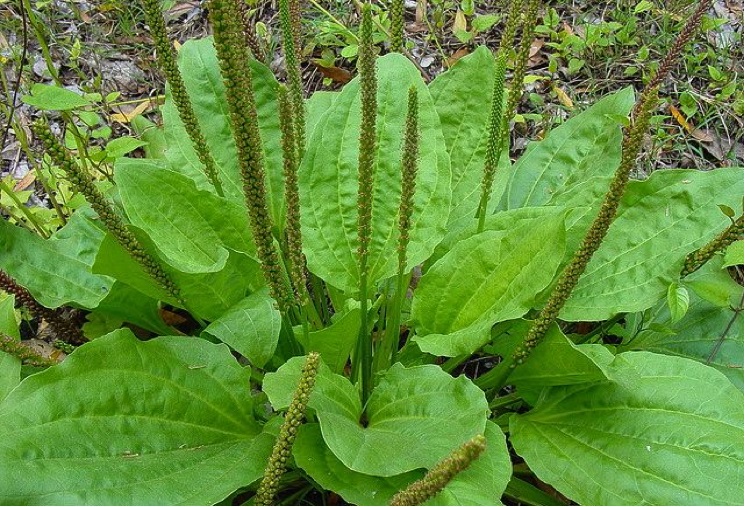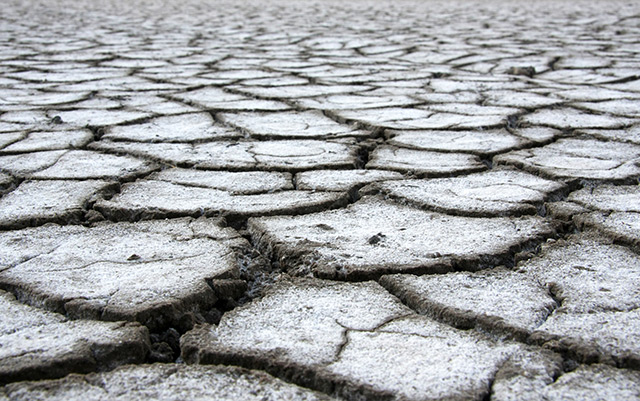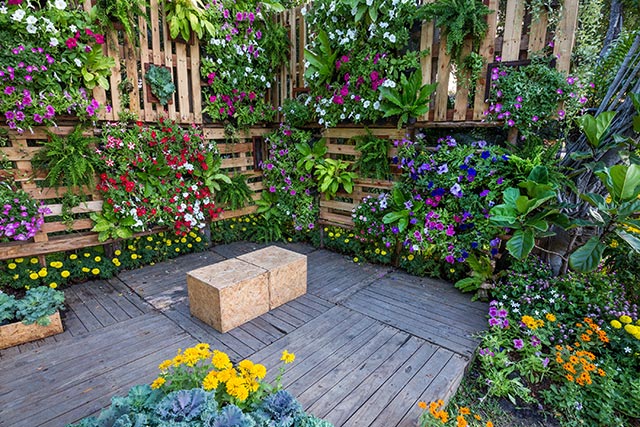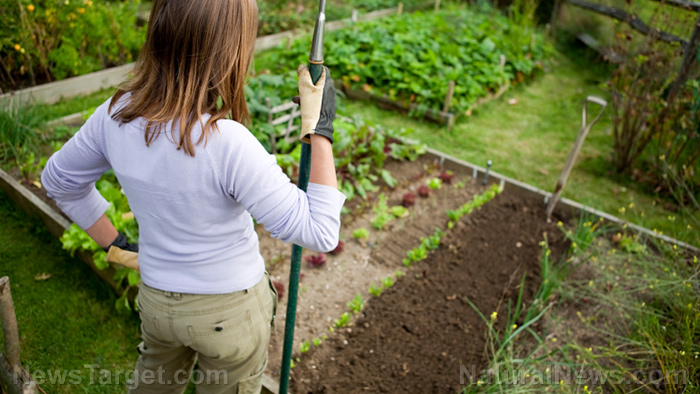For the organic farmer: Grow healthier plants with organic fertilizer mixed with compost tea
10/23/2018 / By RJ Jhonson

A study published in Biological Agriculture & Horticulture confirmed what many organic farmers and gardeners have known for so long now: The benefits of biochar can be enhanced by amending it with compost tea.
Biochar is charcoal used as a soil amendment. It’s very popular among organic farmers and gardeners, some of whom amend it with compost tea, a liquid fertilizer made by steeping aged compost, to enhance its positive effects on plants. The data on the effectiveness of this practice is scarce, however, prompting the authors to conduct their study.
They amended hardwood biochar with several types of compost tea and microbial enhancements that were prepared using vermicompost. They investigated these combinations’ effects on the growth of eggplant (Solanum melongena) and the severity of damage caused by flea beetle (Epitrix fuscula), a common eggplant pest. They also looked into how the amendments affected the microbial activity and functional diversity of two types of temperate soil.
The researchers did not find any positive short-term effect on either plant growth or flea beetle damage when the biochar and compost tea combination was added to temperate agricultural soil. This was true for compost teas prepared from mushroom compost, horse manure, and vermicompost.
However, they did find in a second experiment that amending biochar with microbial enhancements from vermicompost tea may improve the growth of eggplants, albeit when matched with both the physical and chemical makeup of the type of soil used.
Furthermore, an analysis using Community Level Physiological Profiling (CLPP) revealed that the changes in soil microorganisms caused by amending biochar with compost teas were different from those caused by biochar alone. These changes were found to correspond to both plant growth and the severity of damage caused by insect pests.
The benefits of biochar
Biochar is made by putting biomass through pyrolysis, producing charcoal. It is highly valued for a number of reasons:
- It enhances the growth of plants even when they are planted in soil that is not nutritionally rich.
- It minimizes fertilizer runoff and leeching, helping to minimize the amount of fertilizer needed at a given time, as well as the severity of the risk of pollution.
- It helps retain moisture in the soil, which is extremely helpful in times of drought.
- It replenishes the carbon in the soil and encourages the growth of valuable microbes that aid in supplying plants with vital nutrients.
- It is extremely stable – the carbon it contains remains stable for thousands of years. In fact, scientists have found feasible charcoal particles created from wildfires 400 million years ago embedded in soils.
How to make compost tea
Making compost tea is almost as easy as making drinkable tea, although it does require more time. Here’s how:
- Fill about a third of a bucket with finished compost. Unfinished compost, as well as one that’s too old, must be avoided – the former may contain plant pathogens while the latter may be nutritionally deficient.
- Add water, preferably from a source that hasn’t been treated with chlorine, to the bucket.
- Leave the mixture and let steep for three to four days, stirring occasionally.
- Using cheesecloth, burlap, an old shirt, or any porous cloth, strain the mixture into another container. Any remaining solids can be added to the garden or returned to the compost bin.
The compost tea needs to be used immediately to ensure that it is properly absorbed by plants. To use it as a fertilizer for young plants, it has to be diluted with water until it is the color of weak tea (about 10 parts water to one part tea). For established plants or hardy shrubs, the tea can be poured right around the roots. (Related: Organic farming employs more workers than conventional farms and encourages community development, according to survey.)
The compost tea may also be used as a foliar spray. Simply add an eighth of a teaspoon of vegetable oil for every gallon (3.8 liters) of water to make sure the tea sticks to the plant’s leaves.
Learn about the best natural soil amendments for your organic farm or garden at HomeGardeningNews.com.
Sources include:
Tagged Under: agriculture, biochar, compost tea, ecosystems, green living, harvest, home gardening, homesteading, microbial enhancement, organic farming, plant health, soil amendments, soil health, vermicompost

